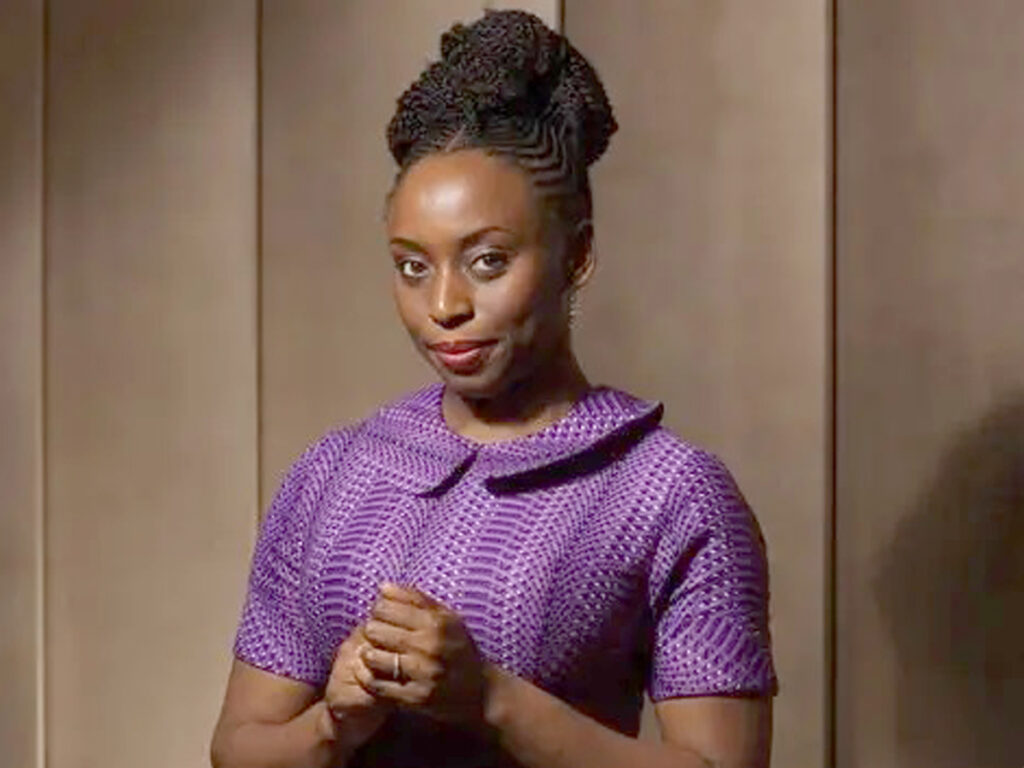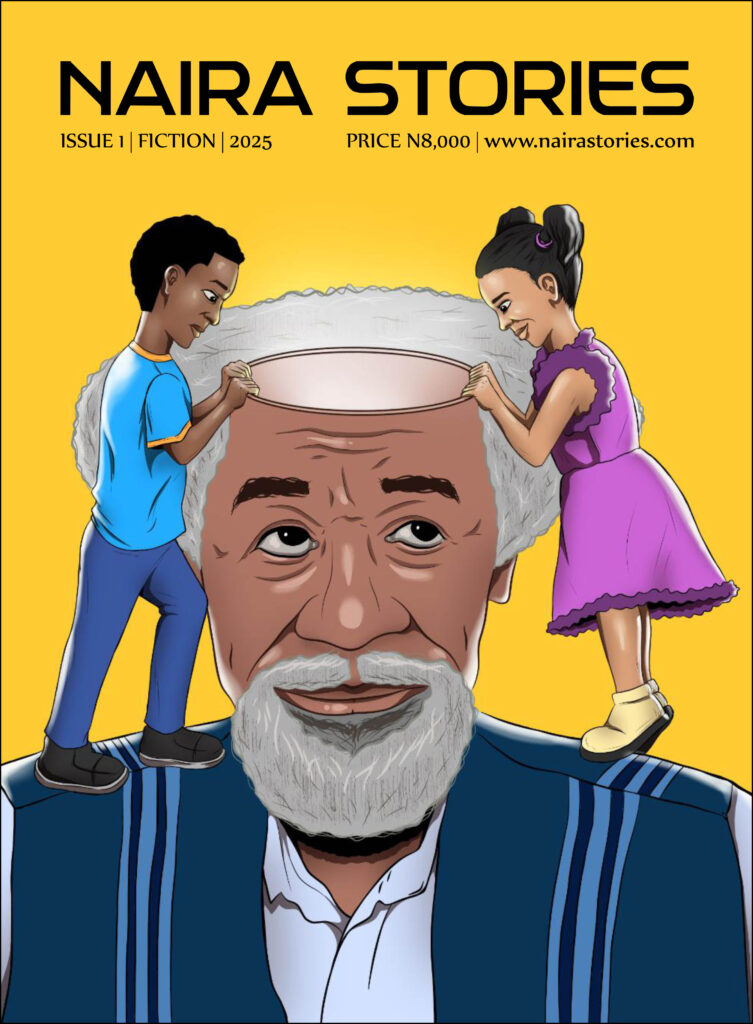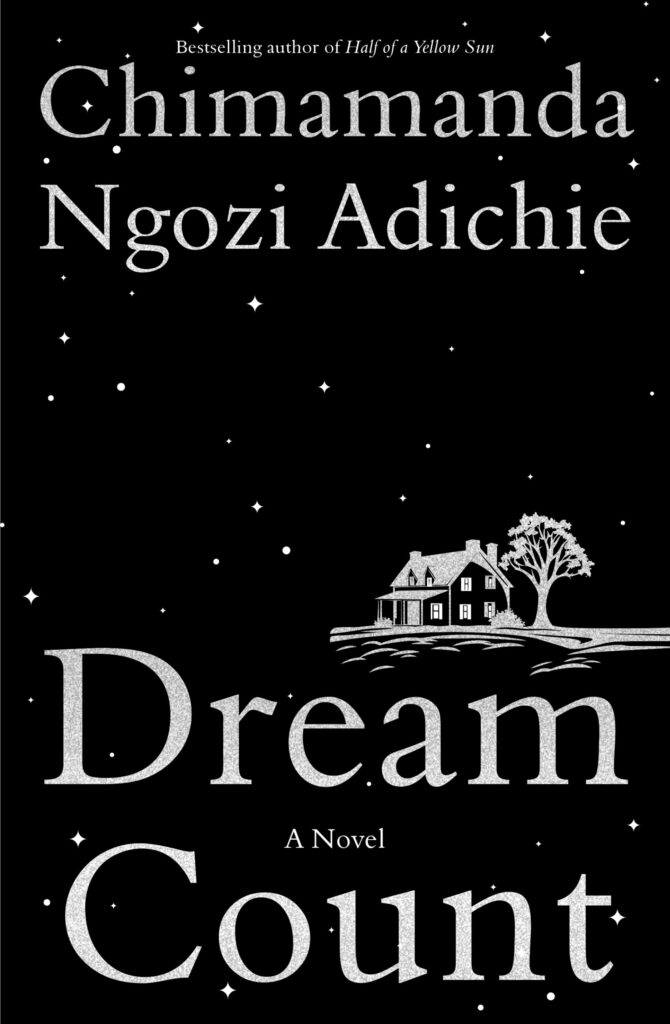Nigerian United Kingdom-based scholar, literary critic and writer, Gazelle Mba, has stated that in Nigeria, feminists are sometimes mockingly referred to as ‘Chimamanda’s children’.
Mba stated this through her recent essay titled ‘Greased with Complaints’, published in Volume 47, Number 16 of the London Review of Books (LRB), which was a review of Chimamanda Ngozi Adichie’s new novel ‘Dream Count’.
Mba noted that in ‘Dream Count’, Adichie is more rebellious, critiquing, and often lampooning the literary and media establishments that have helped to make her a household name.
“It’s a work born of a writer’s inflated sense of her moral responsibility: its central preoccupation is the urgent need to fix things,” she writes.
Mba opined that ‘Dream Count’ is a product of Adichie’s more ambivalent African feminism, adding that the novel is written entirely from the perspective of women, but their primary interest appears to be their relationships with men.
She further opined that Adichie is seen by certain sections of the population as a dissident advancing radical feminist ideas, recalling an essay that Adichie wrote in a Nigerian newspaper in 2014, around the time of the passing of the Same Sex Marriage (Prohibition) Act, describing her childhood friendship with a gay boy.
“At times, ‘Dream Count’ reads like a satire of men behaving terribly. Adichie’s determination to restore dignity and right wrongs doesn’t extend to relationships. It’s as though she is punishing the characters drawn to the most traditional versions of heterosexuality,” she writes.
Mba believes that Adichie’s argument is that feminists should not be wedded to dogma, adding that Adichie has to perform a balancing act between these different audiences.
“Whose standards should she be held to? And what makes a proper feminist?” she asked.
In the essay, the writer referenced Adichie’s 2012 TED talk, ‘We Should All Be Feminists’, which she said announced Adichie’s feminist credentials.
She also referenced a 2017 interview, where Adichie was asked whether a trans woman was ‘any less of a woman’, quoting Adichie as replying, “Trans women are trans women. If you’ve lived in the world as a man with privileges, the world accords to men… It’s difficult for me to accept that then we can equate your experience with the experience of a woman who has lived from the beginning as a woman.”
In light of this, Mba writes, “She was accused of implying that trans women are not ‘real women’, a claim she has vigorously denied.”




